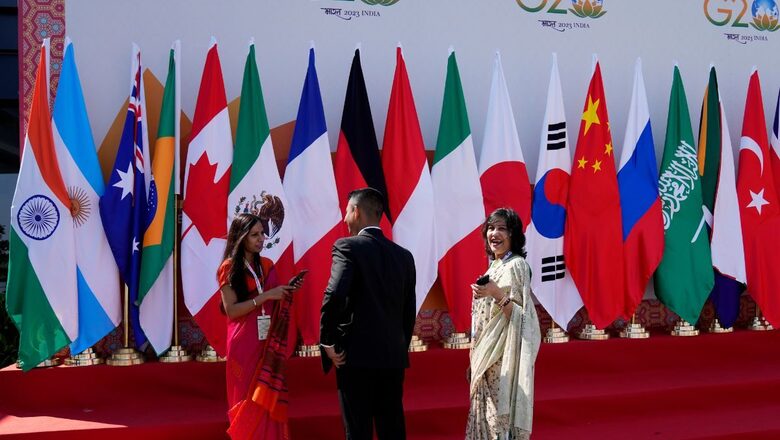
views
New Delhi is set to host the G20 Summit where leaders from across 20 largest economies are expected to attend key meetings this week. Prime Minister Narendra Modi said G20 in India will be historic this year as over 40 world leaders are expected to be part of the summit in New Delhi on September 9 and 10.
US President Joe Biden, French President Emmanuel Macron, Australian Prime Minister Anthony Albanese, German Chancellor Olaf Scholz, UK Prime Minister Rishi Sunak, Japanese Prime Minister Fumio Kishida and Brazilian President Luiz Inacio Lula da Silva are among the G20 leaders who have already confirmed their participation in the G20 Summit.
What’s the G20 Summit about?
The G20 or the Group of Twenty is an annual summit of the influential grouping of 20 countries, that represent around 85 percent of the global GDP, over 75 percent of the global trade, and about two-thirds of the world population.
The G20 countries meet every year and the summit is the culmination of all the G20 processes and meetings held throughout the year among ministers, senior officials and civil society groups.
The leaders of G20 countries adopt a ‘G20 Leaders’ Declaration’ at the conclusion of the summit stating their commitment towards the priorities discussed and agreed upon the conclusions arrived at the meetings.
Which are the G20 Countries?
The grouping comprises Argentina, Australia, Brazil, Canada, China, France, Germany, India, Indonesia, Italy, Japan, the Republic of Korea, Mexico, Russia, Saudi Arabia, South Africa, Turkey, the UK, the US and the European Union (EU).
G-7 is an older group and comprises of France, Germany, Italy, Japan, UK, US and Canada. While the group first met in 1975 to discuss oil crisis, Canada joined a year later in 1976.
This year, in India, the summit will also be attended by some “guest countries” including Netherlands, Singapore, Spain, UAE, Oman, Bangladesh, Egypt, Mauritius, and Nigeria.
What will be the key agenda of G20?
Earlier the G20 countries would meet to discuss economics and finance. However, the issues have broadened to include climate change, sustainable energy, international-debt forgiveness and taxing multinational corporations. Last year, the Ukraine War dominated the agenda in Bali, Indonesia.
Under India’s presidency, the bloc has centred discussions around more loans to developing nations from multilateral institutions, reforming international debt architecture, regulations on cryptocurrency and the impact of geopolitical uncertainties on food and energy security.
India also intends to focus on the following issues:
- Green Development, Climate Finance and LiFE (Low-carbon Technologies for Fighting Epidemics)
- Accelerated, Inclusive and Resilient Growth
- Accelerating Progress on Sustainable Development Goals
- Technological Transformation and Digital Public Infrastructure
- Multilateral Institutions for the 21st Century
- Women-led Development
The summit also provides an opportunity for one-to-one discussions among world leaders apart from the group sessions.
The White House has said that US President Joe Biden will talk to world leaders about tackling climate change, Ukraine war and getting global organisations such as the World Bank to do more to fight poverty. It also announced that Joe Biden will have a bilateral meeting with PM Narendra Modi on September 8 on the sidelines of the meeting.
Challenges for India
When the G20 leaders meet this weekend in New Delhi India will have to tackle several challenges including: divisions among countries over Russia’s war in Ukraine, discussion on food security, debt distress and global cooperation on climate change.
The head of state of China and Russia will be missing this year and Xi Jinping and Vladimir Putin’s absence suggest that the two nations are likely to join any consensus.
India will also try to break an impasse over a deal that allowed the safe export of Ukrainian grain via the Black Sea. New Delhi has also proposed increasing lending by multilateral banks to developing countries.
The biggest challenge would be to arrive at a consensus and issue a joint communique, amid rivalry between India and China; and division between the West and developing nations on the Ukraine war.
Climate change goals had also divided developed and developing countries in July meetings of the group and officials said the positions are not likely to change at the summit.












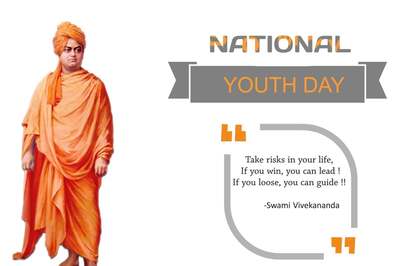



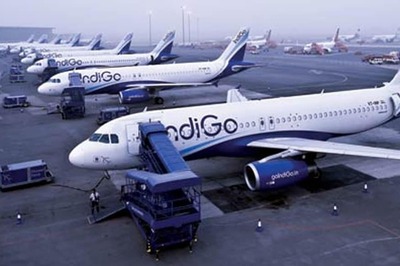

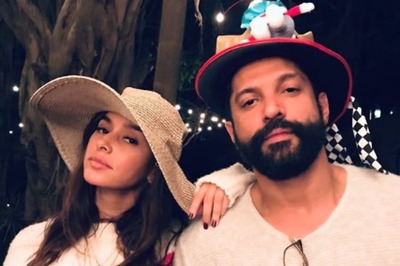
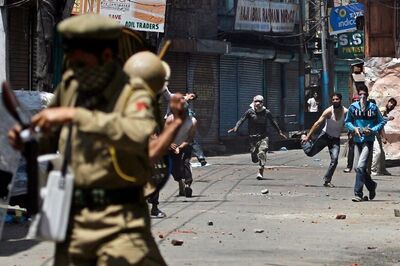
Comments
0 comment